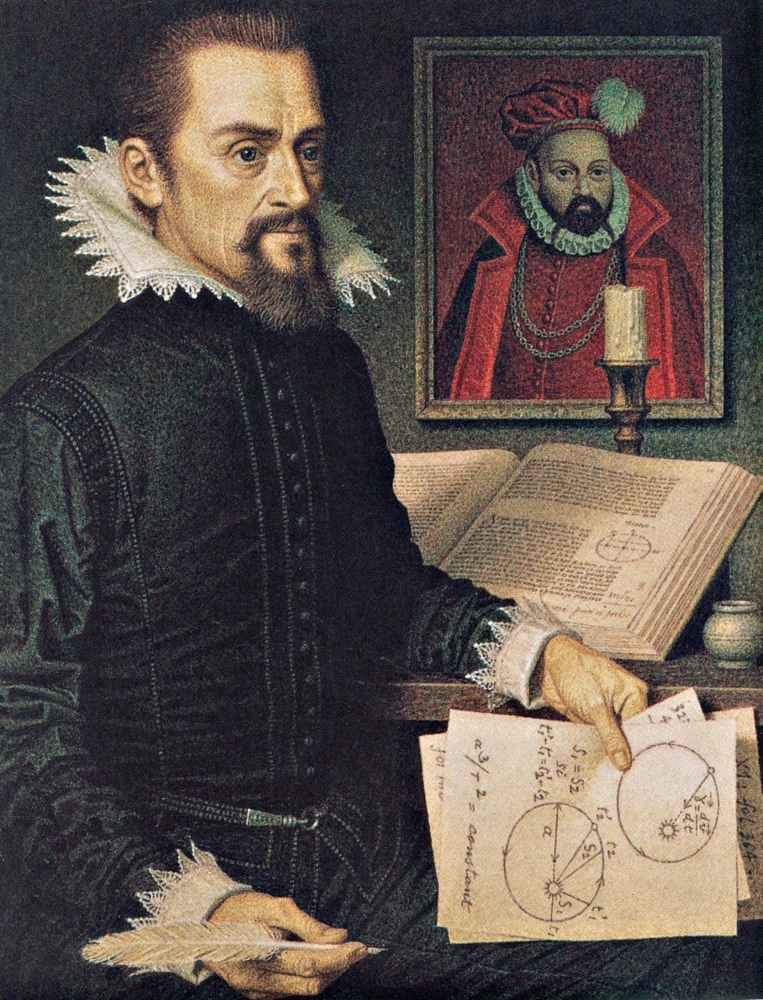Johannes Kepler: A Visionary in Astronomy and Mathematics
Johannes Kepler, born on December 27, 1571, in Weil der Stadt, in the Holy Roman Empire (now Germany), was a pioneering figure in both astronomy and mathematics. His life and work marked a pivotal moment in the history of science, as he made groundbreaking discoveries that forever changed our understanding of the cosmos.
Kepler’s early years were marked by adversity. Raised by his mother after the death of his father, he faced financial struggles and religious persecution due to his Protestant beliefs. Despite these challenges, Kepler’s passion for learning and exploration led him to pursue a career in mathematics and astronomy.
One of Kepler’s most significant contributions to astronomy was his formulation of the laws of planetary motion. Building upon the observational data meticulously collected by Tycho Brahe, Kepler rejected the traditional notion of circular orbits and instead proposed that planets move in elliptical paths around the Sun. This revolutionary insight, known as Kepler’s First Law, laid the foundation for modern celestial mechanics and forever changed our understanding of the solar system.
Kepler’s laws of planetary motion didn’t stop there. His Second Law, also known as the law of equal areas, states that a line segment joining a planet and the Sun sweeps out equal areas during equal intervals of time. This principle elegantly explains the varying speed of planets in their orbits, further refining our understanding of planetary motion.
But perhaps Kepler’s most famous law is his Third Law, which relates the orbital period of a planet to its distance from the Sun. This law, expressed mathematically as P^2 = a^3, where P represents the orbital period and a represents the semi-major axis of the orbit, provided a mathematical framework for understanding the dynamics of the solar system. It also played a crucial role in the development of Isaac Newton’s theory of universal gravitation.
Beyond his work in astronomy, Kepler made significant contributions to mathematics. He was one of the first to develop a systematic approach to solving mathematical problems using infinitesimal calculus. He also discovered the logarithmic laws governing the refraction of light, laying the groundwork for the field of geometrical optics.
Kepler’s life was not without its challenges. He faced opposition from both religious authorities and fellow astronomers, and his personal life was marked by tragedy and hardship. Yet, through perseverance and dedication, he continued to push the boundaries of human knowledge, leaving an indelible mark on the history of science.
Johannes Kepler passed away on November 15, 1630, but his legacy lives on. His laws of planetary motion remain foundational principles in astronomy, and his mathematical insights continue to inspire generations of scientists and mathematicians. Kepler’s relentless pursuit of truth and his unwavering commitment to the pursuit of knowledge serve as a testament to the power of human curiosity and the enduring quest to understand the mysteries of the universe.
